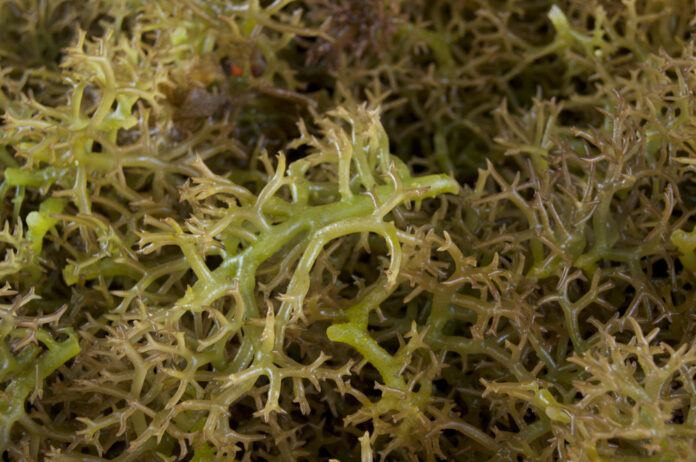The Philippine Chamber of Agriculture and Food Inc. (PCAFI) is in a quandary over how, where or from whom to raise at least P250 million to combat global lobby money distributing misinformation on carrageenan derived from seaweeds in the Philippines.
At stake, the PCAFI said, is the USD500 million annual carrageenan exports to American and EU markets that its rivals have discredited as “not organic.” The commodity generates export revenue of around P28 billion a year.
Danilo Fausto, PCAFI president, told reporters there is an ongoing lobby claiming that carrageenan extracted from seaweeds in the Philippines is not an organic product. The fear is that exports to US and EU markets of the commodity stands to suffer unless a counter lobby is launched.
Already, the PCAFI said, there is an ongoing review of carrageenan as acceptable ingredient for US organic products. Carrageenan is the main byproduct of processing seaweeds which has multiple industrial use such as the manufacture of such products as toothpaste, shampoo, and others.
“We currently do not have budgetary support. We should have advertising, promotion in America so we can fight in a science-based (manner.) We should fight lobby groups,” Fausto said.
PCAFI said a budget of at least P250 million is needed to protect jobs in the seaweeds sector, primarily in Mindanao where the industry thrives.
Fausto said the Philippines cannot afford to lose the lucrative seaweeds and carrageenan industry given its potential as a $500 million industry.
PCAFI also said that experts from the Department of Agriculture, the Department of Science and Technology, the Department of Trade and Industry and the country’s agricultural attache to the US must join forces in fighting against the lobbying against carrageenan from the Philippines.
Fausto said the bulk of carrageenan production is located in the Bangsamoro Autonomous Region in Muslim Mindanao (BARMM).







